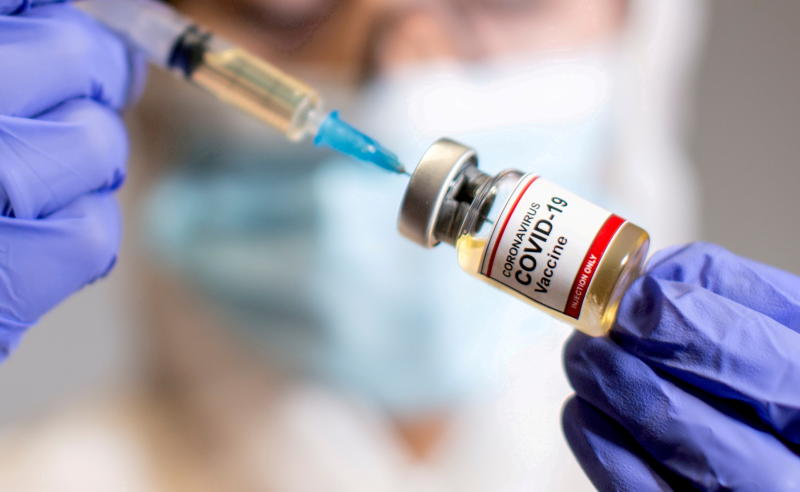×
The Standard e-Paper
Stay Informed, Even Offline

To date, eight Covid-19 vaccines have been approved for use globally.
The duel to make vaccines and adjacent technologies more accessible underscores the struggle between intellectual property rights and the right to health. Now more than ever, these innovator companies are under enormous commercial pressure to up-scale and meet immediate demand.







